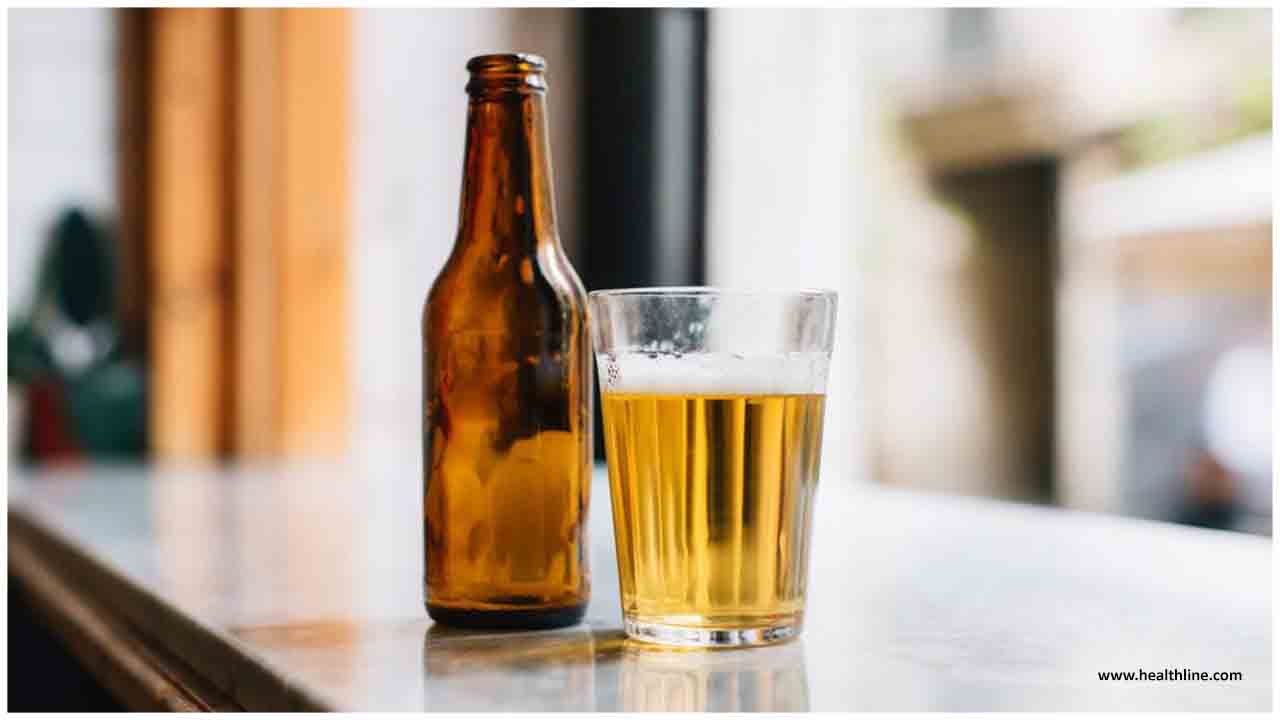Another global undertaking "Assessment of the effect of liquor control strategies on bleakness and mortality in Lithuania and other Baltic states" supported by the US National Institute on Alcohol Abuse and Alcoholism has been propelled to explore the impacts of liquor showcase guidelines actualized in Lithuania, Latvia, and Estonia. The examination upheld by WHO/Europe is intended for a 5-year work plan that can at last advantage all nations of the European Region, recognizing the accepted procedures that can help lower liquor utilization and related wellbeing hurts.
The WHO European Region has the most elevated levels of liquor utilization on the planet, with very nearly 10 liters of unadulterated liquor per capita and the most noteworthy pace of liquor use issues in the populace and the least portion of individuals keeping away from liquor. Starting in 2016, 10% of all passings that happened on the Region here were credited to liquor. That year the Baltic States - Lithuania, Latvia, and Estonia - were found to have the absolute heaviest drinking rates contrasted with other European nations. Liquor utilization rates totaled 15, 12.9, and 11.6 liters of unadulterated liquor per capita, individually. While considering current consumers just (the individuals who have devoured liquor inside a year before the survey), the numbers were considerably higher: 18.9, 17.2, and 15.9 liters of unadulterated liquor per capita.
Monitoring the circumstance, the US National Institute on Alcohol Abuse and Alcoholism (NIAAA) of the National Institute of Health (NIH) granted an award of almost $2 million for a WHO-sponsored research venture that will accumulate liquor and wellbeing measurements and look at their patterns against the background of liquor control rehearses among the Baltic States during the most recent decade. Here, a unique center will fall upon Lithuanian approaches from 2016 to 2018 – these remembered significant changes for liquor utilization and the usage of practical liquor arrangements in the nation.
Lithuania experience: an important exercise
Lithuania's experience is at the focal point of this exploration for a particular explanation. Its activities to control liquor utilization can be known as a 'characteristic test' with a wide scope of measures executed over a brief timeframe. In 2008-2009 Lithuania presented a progression of WHO's' best purchase' approaches - financially savvy intercessions to decrease liquor utilization and related damages. The mediations comprised of expanding the cost of mixed drinks, diminishing the accessibility (for example constraining retail deal time), and restricting the liquor promoting during the day time. The second upgrade of liquor control arrangements came in 2014. In the next years, new estimates remembered a boycott for liquor deals in gas stations, a significant increment in extract charge, and other WHO-suggested financial guidelines.
"Examination on liquor strategy is growing quick. While we realize that strategies, for example, raising costs and burdens, and limiting showcasing and accessibility are compelling in lessening liquor utilization, we should develop our insight in regards to what will likewise work concerning neighboring nations, and what levels of wellbeing and monetary additions can be accomplished," said Dr. Hans Henri P. Kluge, WHO Regional Director for Europe.
"The discoveries of this recently propelled task will help strategy producers to move from what – to see how liquor control approaches are best actualized and upheld, just as their effect on individuals' wellbeing. This down to earth approach is central to the new European Program of Work, 'Joined Action for Better Health in Europe'", he included.
Early outcomes
Effectively, some early outcomes from this venture have been gotten. The assembled information shows that the Lithuanian duty increment on mixed drinks went into power in 2017 and positively affected all-cause mortality. The strategy brought about 150 fewer passings brought about by liquor the next year.
The following discoveries of the venture will be introduced and talked about at a progression of master workshops and gatherings, just as in peer-checked on distributions and media articles. Analysts will investigate a wide range of information from Lithuania and the other Baltic States identified with liquor utilization and ensuing wellbeing hurts, including auto collisions and levels of relational brutality.
The exploration is driven by specialists from the Center for Addiction and Mental Health in Canada and the Health Research Institute of the Lithuanian University of Health Sciences, in relationship with analysts and establishments from Latvia and Estonia. WHO/Europe and its nation workplaces in the Baltics are adding to this difficult work.
Exercises gained from the "Assessment of the effect of liquor control arrangements on dreariness and mortality in Lithuania and other Baltic states" task will be significant for all nations of the European Region and might have worldwide ramifications. It is vital to have "this present reality" information as a reason for hypothetical models and dependable approaches that will profit people in the future's wellbeing and prosperity.

 New research grant will help to find best practices of tackling alcohol consumption in the Baltics
New research grant will help to find best practices of tackling alcohol consumption in the Baltics













.jpeg)





.jpeg)





.jpg)


.jpg)



